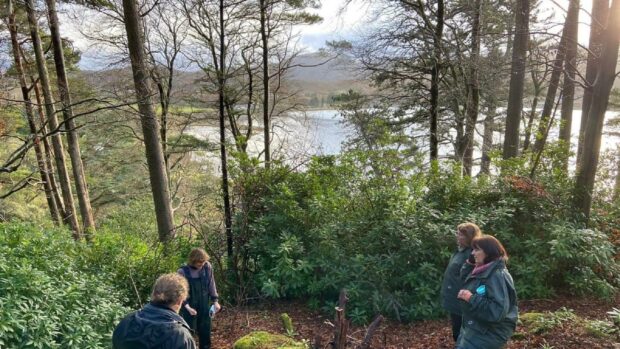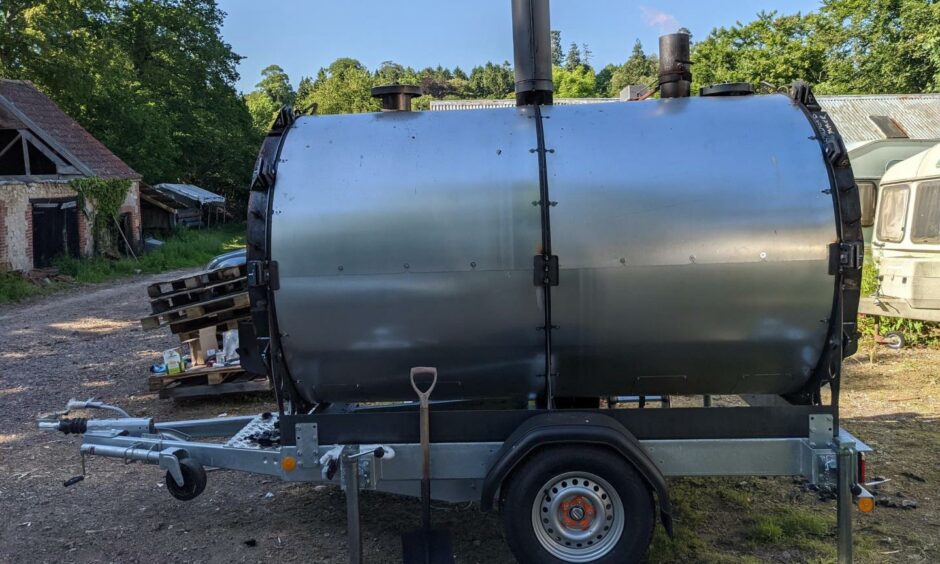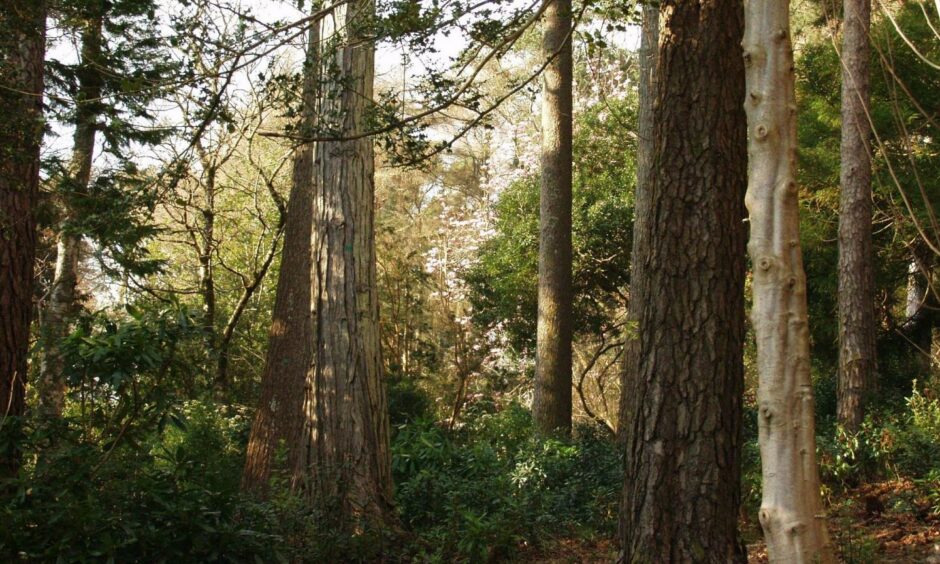The National Trust for Scotland has taken a usually problematic plant and turned it into a helping hand as part of a conservation project in Wester Ross.
The team is currently working at an estate in Inverewe, where they are using a special kiln to turn the rhododendron ponticum plant into charcoal.
This is used as an additive – called biochar – to compost used for planting and will help to improve the soil quality in the area.
Biochar is used to replenish the carbon levels in the soil, improving the health and regenerative properties of the ground.
The main benefit of the process is to eradicate the invasive species while uprooting it clears the way for other species to grow.
‘Trying new and different approaches that will help protect our natural heritage’
As with many projects of this nature, one of the aims is to help tackle climate change by encouraging better plant growth while removing invasive species.
Project Wipeout, carried out by the Trust with help from the People’s Postcode Lottery, has been eradicating rhododendrons in several areas of Scotland as well as the Japanese knotgrass and American skunk cabbage.
However, the rhododendrons are not all bad. The groundskeepers at the Inverewe gardens tend to some of the most impressive species in controlled environments but in the wilder areas of the estate it has become a nuisance.
The Trust’s natural heritage advisor, Rob Dewar, said: “All over Scotland, we’re seeing the impact of invasive species crowding out our native flora.
“At Inverewe, the team have taken a really creative approach to turning this problem into a solution and it benefits the environment in so many ways.
“As the realities of climate change become ever clearer, it’s great that our charity, supported by players of People’s Postcode Lottery, is trying new and different approaches that will help protect our natural heritage.”


